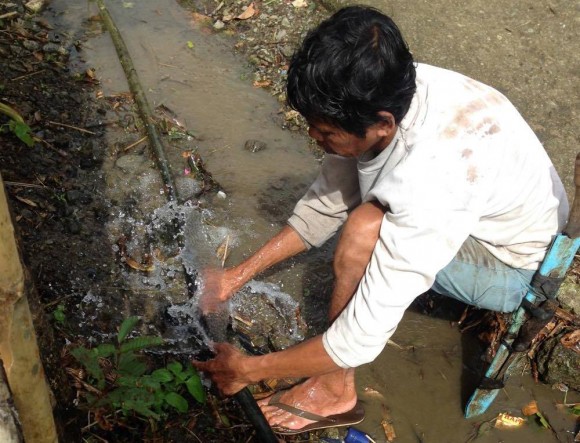On Christmas 2016, typhoon Nock-ten ("Nina" in the Philippines) made its first landfall in the Bicol region (Eastern Philippines) on 25 December. This category 4 typhoon made eight successive landfalls, striking the island province of Catanduanes before continuing towards the capital, Manila, passing through 15 provinces across four regions.
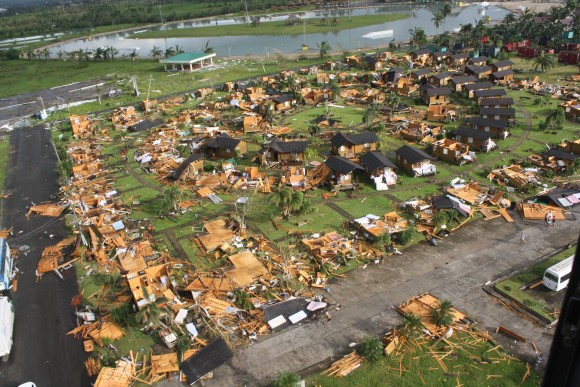
With winds of 235 km/h and 285 km/h gustiness, Nock-ten caused massive destructions and affected over 2.1 million people. While 1.7 million people were pre-emptively evacuated from their homes, over 33,000 people were still displaced at the beginning of January.
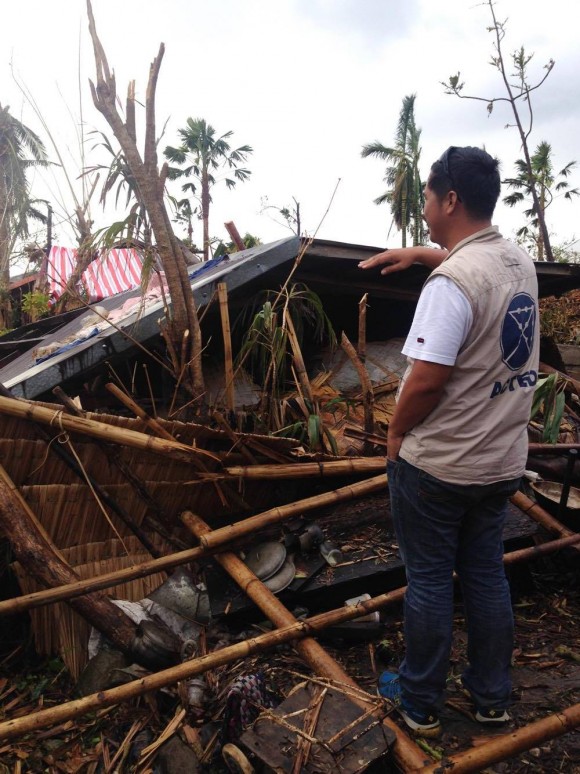
The typhoon first struck the Catanduanes and the Camarines Sur provinces, affecting over 2.1 million people in two very vulnerable provinces, where one third of the populations already lived under the poverty line.
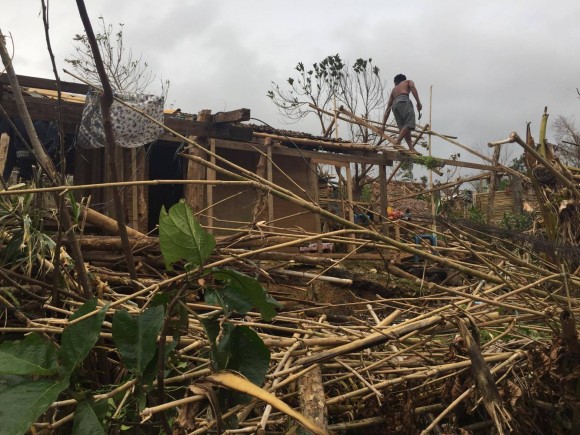
Shelter is a major priority
ACTED’s team conducted an evaluation in Catanduanes and Camarines Sur provinces in order to assess the damages and immediate needs of affected populations. Only two weeks after the typhoon, substantial damages have been reported. Preliminary assessment results revealed that over 300,000 homes were partially (72%) or totally (28%) destroyed, principally located in the Camarines Sur and in the Catanduanes province.
It is therefore crucial to provide affected people with shelter assistance.
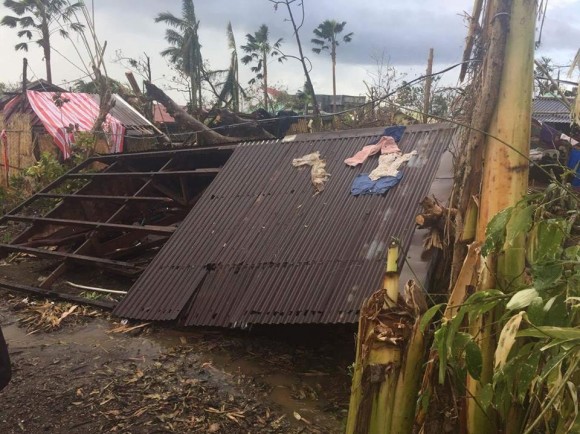
Relaunching agriculture and livelihoods
Furthermore, affected provinces in Bicol region report huge damages on livelihoods. In fact, the vast majority of the population relies on agriculture as the main source of livelihood, particularly abaca fibre (a sort of banana). Some areas report that 100% of abaca trees were destroyed by the typhoon, while it would take years before farmers are once again able to harvest it. Thus, families’ economies are strained and it is necessary to support livelihoods through cash for work activities.
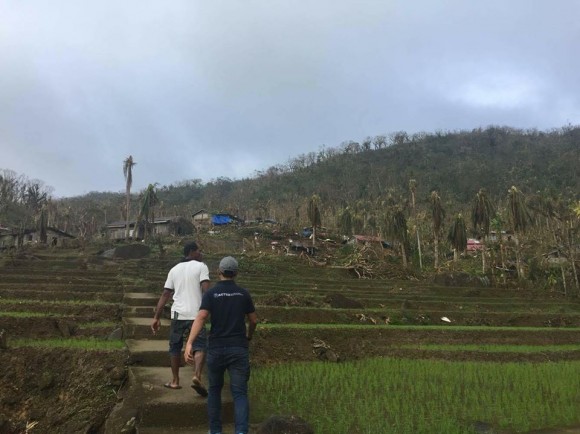
Fighting for better health
Finally, the typhoon had a huge impact on infrastructures throughout the affected provinces, with reports of devastation of many schools, health centres, roads and bridges. Water, hygiene and sanitation structures were also heavily damaged: many municipalities report unusable water sources and unsafe water, leading to an increased risk of waterborne diseases.
